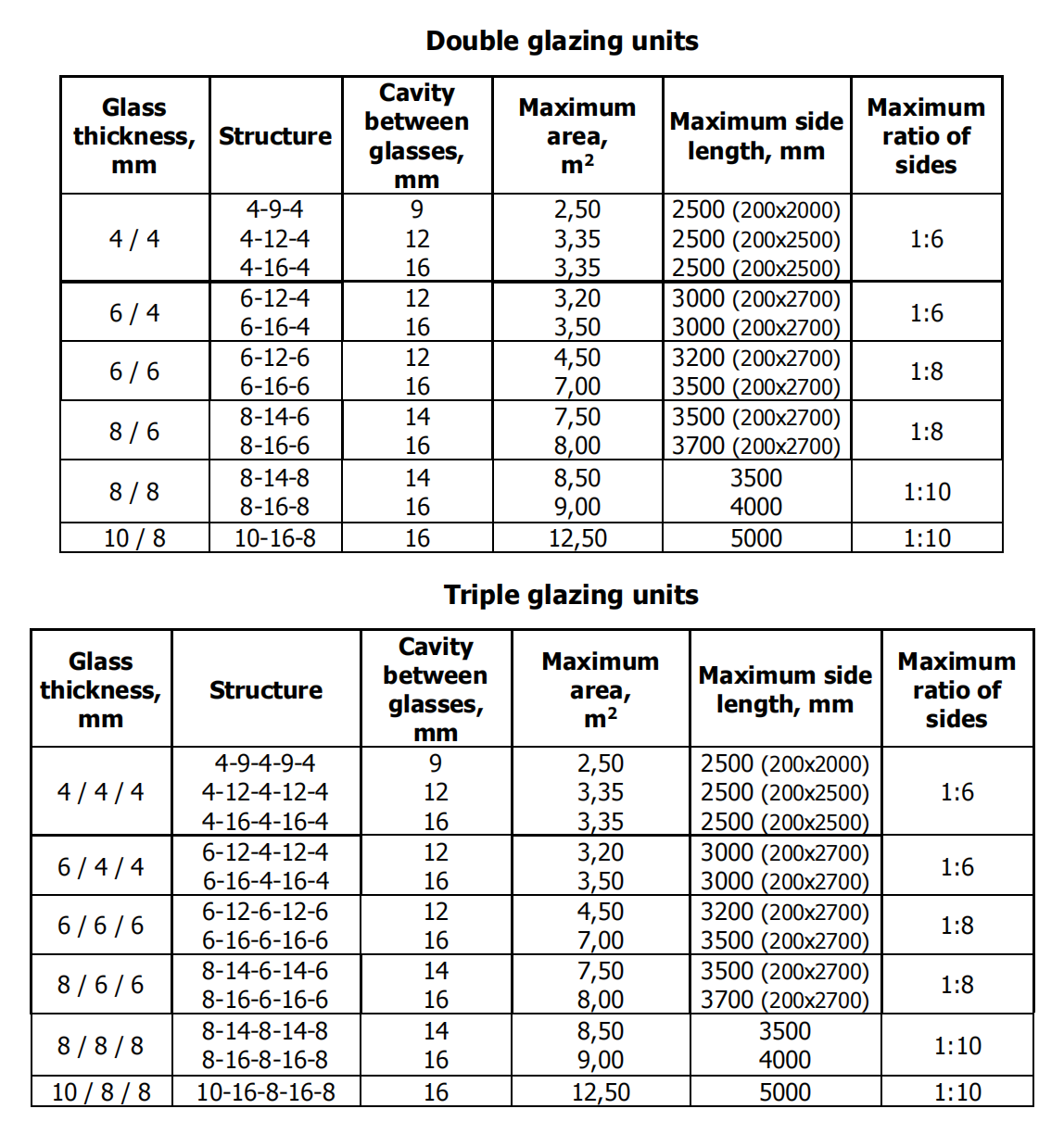TPS insulated glass (TPS IG) is a type of energy-efficient glass that uses a thermoplastic spacer (TPS) to separate the two or more panes of glass. The TPS is a flexible, closed-cell foam that helps to improve the thermal performance of the IG unit.
TPS IG units are typically made up of two or more panes of glass that are separated by a TPS spacer. The spacer is filled with a desiccant to absorb moisture and prevent fogging. The TPS spacer is also designed to improve the thermal performance of the IG unit by reducing the amount of heat that can transfer through the spacer.

Thermal Insulation: Insulated glass units consist of multiple glass panes separated by a spacer, creating an airspace that provides thermal insulation. This helps to reduce heat transfer through the glass, improving energy efficiency and maintaining indoor comfort.
Spacer Material: The spacer between the glass panes is typically made of aluminum, stainless steel, or composite materials. It helps maintain the separation between the glass panes and provides structural support for the IGU.
Sound Insulation: Insulated glass units provide improved sound insulation compared to single-pane glass, reducing the transmission of airborne noise from outside. The airspace between the glass panes acts as a buffer, dampening vibrations and minimizing sound transmission.
Safety: Insulated glass units are designed to meet safety standards and building codes for glass products. They undergo rigorous testing to ensure durability, impact resistance, and long-term performance in various environmental conditions.
Durability: Insulated glass units are constructed to be durable and long-lasting, with the glass panes and spacer sealed around the edges to create an airtight unit. This ensures consistent performance and functionality over time.
UV Protection: Some insulated glass units incorporate features to provide protection against harmful ultraviolet (UV) radiation. This helps prevent fading and damage to interior furnishings, artwork, and flooring.
Energy Efficiency: Insulated glass units contribute to the overall energy efficiency of buildings by reducing the need for heating, cooling, and artificial lighting. They help lower energy consumption and utility costs while improving indoor comfort.
The type of spacer: The type of spacer will affect the energy efficiency and noise reduction performance of the TPS insulated glass unit. Choose a spacer that is made of a material that is a good insulator, such as PVB or EVA.
The type of glass: The type of glass will also affect the energy efficiency and noise reduction performance of the TPS insulated glass unit. Choose a glass that is low-emissivity (Low-E) glass.
The frame color: The frame color can also affect the energy efficiency of the TPS insulated glass unit. Choose a frame color that is not reflective, such as black or brown.
Pls contact us if you have any inquire or questions, thank you.
No.12111, JINGSHI ROAD, LIXIA DIST, JINAN CITY, SHANDONG PROVINCE, CHINA